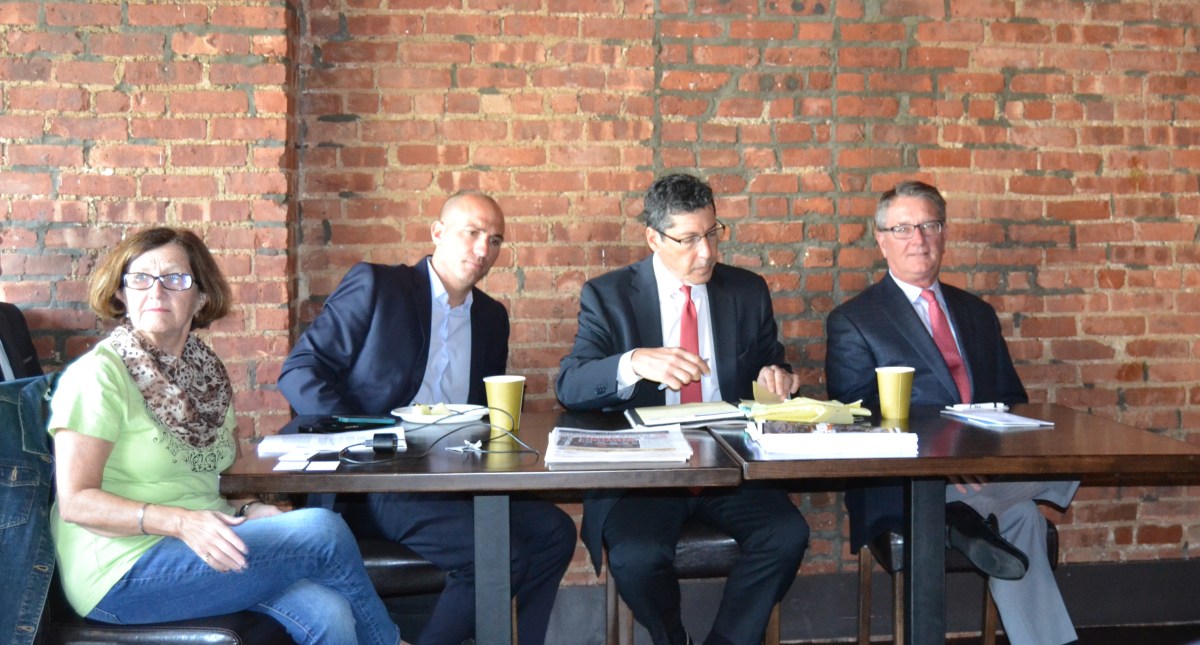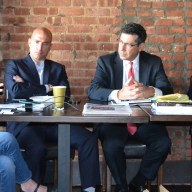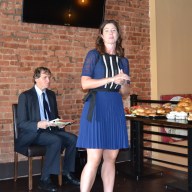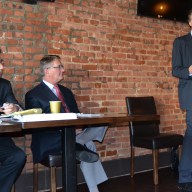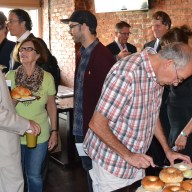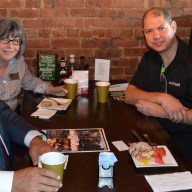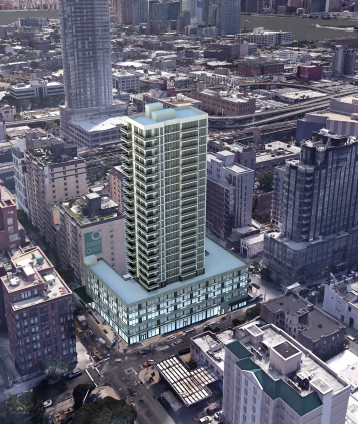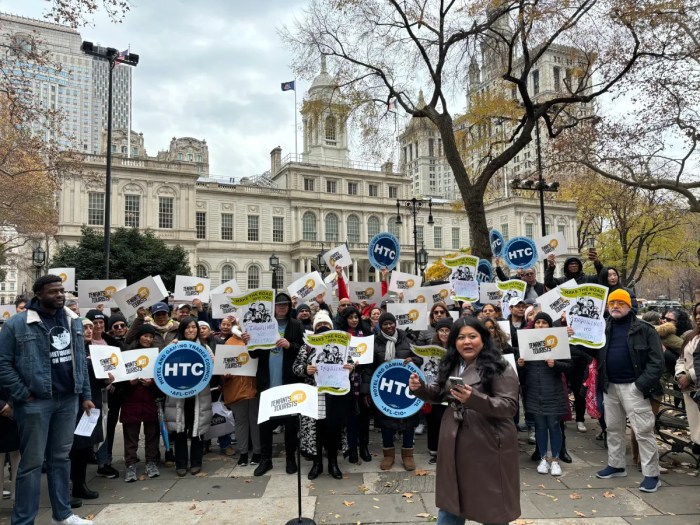Real estate moguls, business owners and residents filled the Ridgewood Ale House on Friday morning to hear a panel of experts discuss the future of Myrtle Avenue during the Ridgewood Real Estate Networking Breakfast Conference.
Sponsored by the Myrtle Avenue Business Improvement District (BID), the conference focused on how to better bridge the needs of the community and the types of retailers that come into the BID to help Myrtle Avenue grow and make the area even better for Ridgewood residents in the future.
“A lot of times what happens is, a store comes in just to come in and it’s really not what the neighborhood needs or wants because we already have an oversaturation,” said Ted Renz, executive director of the Myrtle Avenue BID. “But the property owner is interested because he wants to fill the space, the broker wants to make his commission, which is fine, but we want to build a better dialogue that we can all be happy together and everybody wins.”
One example of retail brokers working with the community is the case with the former Ridgewood Theater, a landmark fixture in the neighborhood that has been vacant for the last several years. Now, the theater will be converted to 55 units of housing with a mixed-use facility on the ground floor.
Renz hopes to see a collaboration with the owner and the BID to bring in a viable use for that floor through community engagement.
The need to remember what has worked in the past, and to evolve for the needs of the future was highlighted throughout the conference by the panel of experts.
“We need a combination of being stuck where it’s good, but also evolve into something better,” said Linda Monte, panel expert and president of the Greater Ridgewood Historical Society. “How are we evolving? Are we letting it happen or are we actually having a sense of we can make it happen? So I think that that’s the challenge that we all need in terms of the Ridgewood community.”
When it comes to building larger retail developments, it is important for the developers to realize the identity of the community in which they are working.
“Particularly in retail, when we look to a market, especially the types of large-scale retail projects that we build, can that type of project make sense in the community? A lot of it has to do with what is the community’s identity and does the community actually want that,” said Scott Auster, panel expert and managing director for Grid Properties. There are certain communities that embrace that type of development and economic activity, and there are others that don’t necessarily want it.”
By bringing the community and retailers together, Myrtle Avenue can continue to be a viable hub for the residents of Ridgewood.

